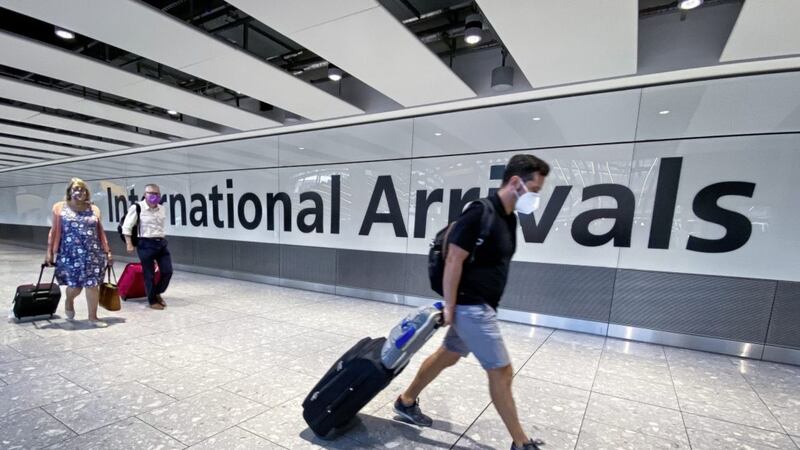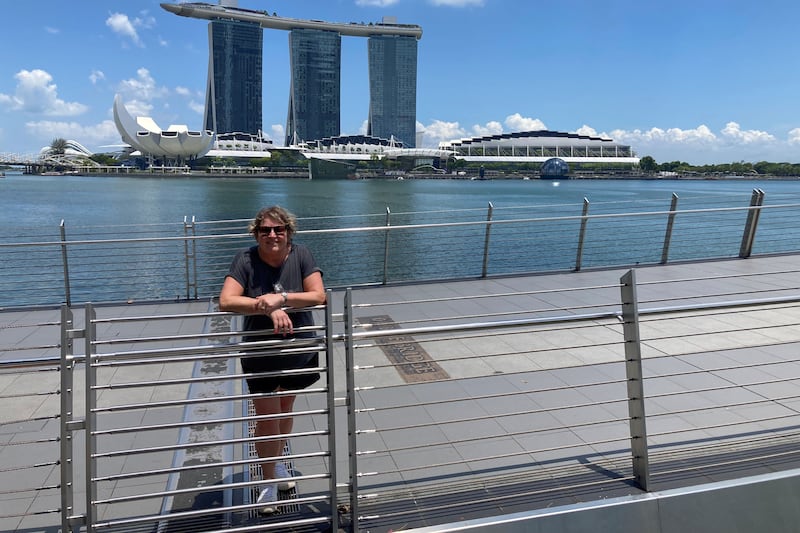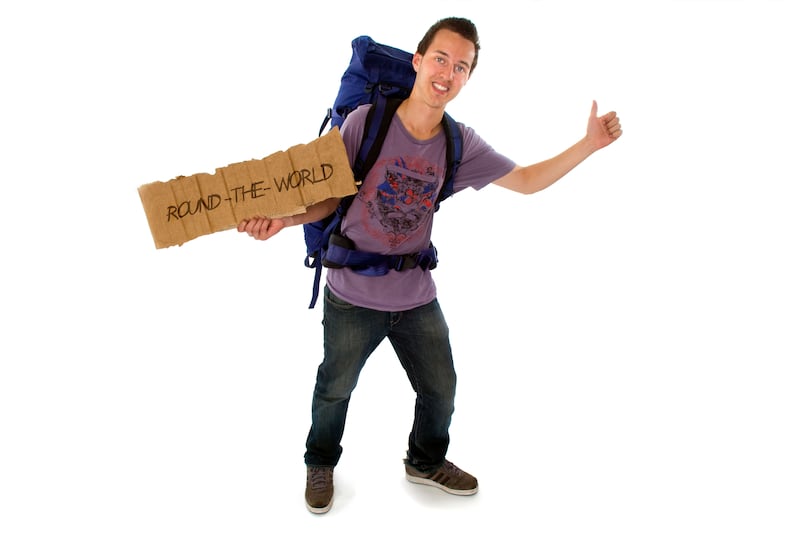WHEN a Tory prime minister comes up with an expression like “Freedom Day”, some people reach for a grain of salt.
Boris Johnson’s phrase referred to the lifting of Covid-19 restrictions from last Monday, allowing for unlimited attendance at a nightclub (likely to change), concert or sports event as well as freedom to order drinks from a bar and have any number of guests at weddings, funerals and religious worship.
We are told he was planning a speech in the mode of his hero Winston Churchill, but that this was called off because of a substantial rise in coronavirus cases. Worse still, the poor fella had to self-isolate, as did his Chancellor Rishi Sunak, because of their social contact with health secretary Sajid Javid who had tested positive for coronavirus. This was despite Number 10 having said earlier that they would not need to isolate, because they were participating in a pilot scheme that involved daily testing.
You can’t help wondering what Maggie Thatcher would have done. Remember her declaration on economic policy: “U-turn if you want to; the lady’s not for turning.”
The present writer, in his Dublin base, was more interested in the Republic of Ireland’s decision, from last Monday as well, to allow non-essential travel within the European Union and European Economic Area, with people availing of an EU Digital Covid Certificate to show they have been fully vaccinated, or have recovered from Covid-19 in the previous six months, or have taken a negative Covid test within 72 hours of arrival at their destination.
Taking a quick look at the complete list of countries around the world, I have visited at least a quarter of them, ranging from traditional locations such as France, Germany, Italy, Spain and the USA to more exotic destinations. A fair number of my trips on the “traditional” list were family holidays but nearly all the visits in the “exotic” category were in my capacity as a journalist, e.g., from November 2002 onwards I made several trips to Bogotá to cover the trial of the Colombia Three, a group of Irishmen accused of training FARC rebels in guerrilla warfare techniques (they were later convicted but had returned to Ireland by then and, in April last year, were given an amnesty by a special tribunal as part of the peace process in Colombia.)
My visit to Cuba in 2003 proved to be quite a dramatic episode where I interviewed dissidents who were unhappy with the Castro regime, which had just imprisoned 75 activists, including 29 journalists, for terms of six to 28 years in what became known as the “Black Spring”.
The Iraqi incursion came about while reporting on Kurdish refugees who were fleeing the terrors of the Saddam Hussein regime. One day in April 1991, a group of Kurdish militants known as the Peshmerga (“those who face the death”), brought myself and an Irish Times colleague, photographer Frank Miller, from a refugee camp in Iran across the border into Iraq and showed us the devastation brought about in the city of Halabja which had been bombed to destruction by Saddam’s forces.
I’ve also paid numerous visits to Israel and the Palestinian Territories, dodging a bullet on my way to an interview with the late Yasser Arafat and, on another occasion, witnessing the horrific aftermath of a suicide bombing in Jerusalem. I visited Moscow in the dying days of the Soviet Union and went back there for five months in 1994 to report on the traumatic early stage of the post-communist era.
My Rwanda trip was on the tenth anniversary of the appalling genocide in which 800,000 people died and on the visit to Thailand I covered the heartrending aftermath of the Indian Ocean tsunami of massive waves which left almost quarter-of-a-million people dead in different countries throughout the region.
The only time I ever had to quarantine after any of those trips was after I had reported on a cholera outbreak in a Kurdish refugee camp. Fortunately my complaint was actually Shigella dysentery. Whether it’s for holiday or professional purposes, I can’t wait to get up, up and away at present and no doubt there will be readers who feel the same. But of course we must be sensible and not rush into an “anything goes” situation until we are confident that the pandemic is under control.
Email: Ddebre1@aol.com; Twitter: @DdeBreadun








